The Ethiopian government on Tuesday rejected recent accusations by Human Rights Watch (HRW) of a campaign of “ethnic cleansing” in the western region of Tigray, which it said were not based on “any evidence”.
In a report published on 1 June, the human rights organisation claims that paramilitary units and militias from the neighbouring Ahmara region continue to “forcibly expel Tigrayans” from the Western Tigray Zone “as part of a campaign of ethnic cleansing”.

HRW “published these accusations without carrying out a rigorous and credible investigation in the areas concerned” and they “are not supported by any evidence”, the Ethiopian government’s Communications Service said in a statement.
Access to West Tigray, as well as to the whole of Tigray and the Amhara region, is forbidden to journalists, and it is impossible to verify the situation on the ground.
“This distorted and misleading description of the situation is aimed at undermining peaceful coexistence, fuelling inter-ethnic conflict, and preventing national efforts for peace and reconciliation in Ethiopia”, the government continued.
An agreement signed in November in Pretoria by the Ethiopian federal government and the Tigray rebel regional authorities put an end to two years of brutal warfare in northern Ethiopia.
The Amhara paramilitary forces and militias had supported the Ethiopian federal army against the Tigray rebel authorities and, at the start of the war, took control of Western Tigray, an area administratively attached to Tigray but which the Amhara consider to be their ancestral land.
West Tigray was one of the sensitive points left unresolved by the Pretoria agreement. The Amhara forces describe the issue as a “red line” and maintain their control there despite the agreement, while the Tigrayan authorities do not intend to give up this portion of territory.
The government points out that it has begun a process of national consultations with a view to setting up a transitional justice process, as provided for in the Pretoria agreement.
“The transitional justice process will enable a full investigation. The truth will be told and those guilty of crimes will be held to account”, he assures us.
He also points out that, in 2021, a joint investigation by the Office of the UN High Commissioner for Human Rights and the Ethiopian Human Rights Commission (EHRC) – a statutorily independent public institution – was made possible.
Since then, however, the Ethiopian government last year refused to allow an international commission of UN experts access to northern Ethiopia.
Source: AFRICAN NEWS

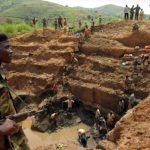
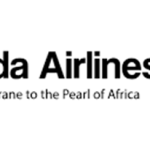




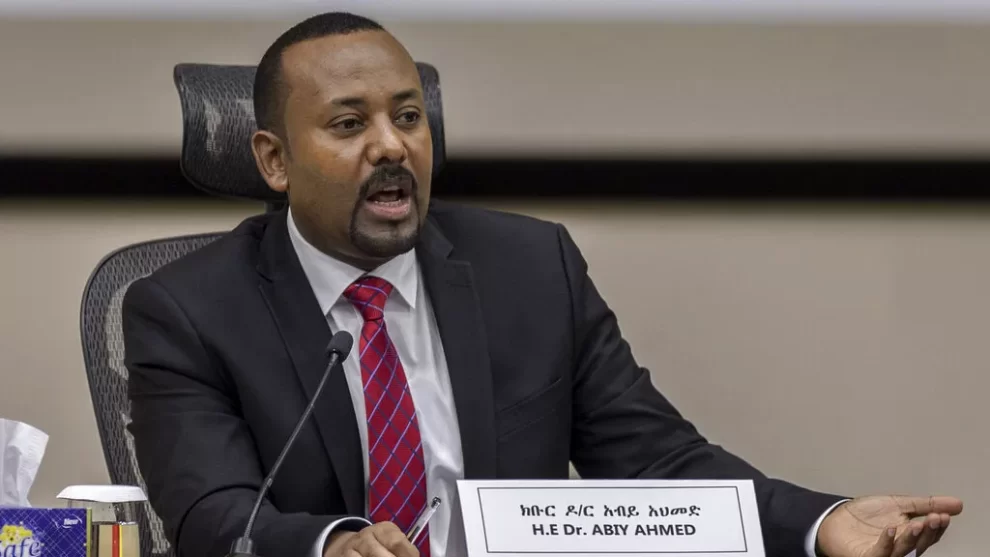

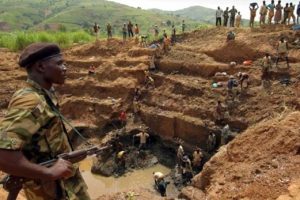
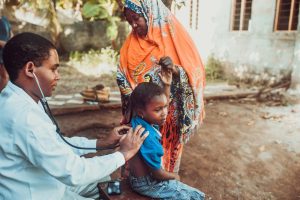
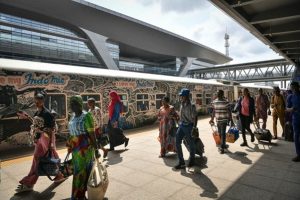








Add Comment